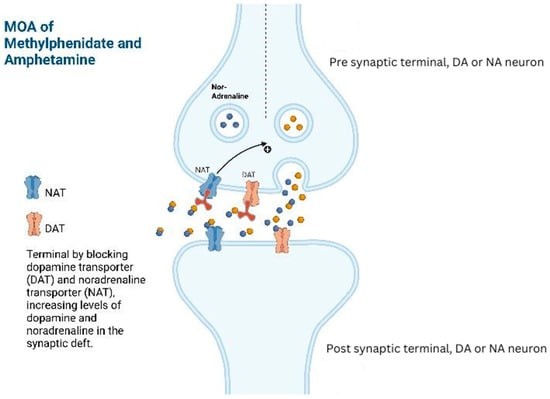
A recent study challenges popular beliefs about the cognitive-enhancing effects of ADHD medications in healthy individuals. Research conducted at Swinburne University of Technology found that low doses of methylphenidate, commonly known by the brand name Ritalin, provided only narrow improvements in memory performance while failing to boost overall brain function.
The Australian research team evaluated 25 healthy adults between ages 21-45 in a controlled study comparing the effects of 10mg methylphenidate versus a placebo. Participants completed various cognitive assessments measuring reaction speed, memory capacity, and visual attention.
Results showed that while subjects performed more accurately on numeric memory tasks after taking methylphenidate, the medication did not enhance other cognitive abilities like reaction time or general working memory. The researchers utilized eye-tracking technology to monitor visual scanning patterns, which also showed no improvement with the drug.
"We found select, modest improvements in numeric working memory tasks. However, the absence of benefits across other cognitive areas suggests the effects of low-dose methylphenidate are quite limited and specific," explained lead researcher Amie C. Hayley.
The findings come amid growing concern about the increasing use of ADHD medications as "smart drugs" among students and professionals seeking to boost academic or work performance. While these stimulant medications effectively treat ADHD by regulating brain chemicals like dopamine and noradrenaline, their benefits for healthy individuals appear less clear.
The study's small sample size and relatively uniform participant demographics indicate more research is needed. However, these results add to mounting evidence that stimulant medications may not provide the broad cognitive advantages some users hope to gain.
The research appears in the journal Human Psychopharmacology: Clinical and Experimental.